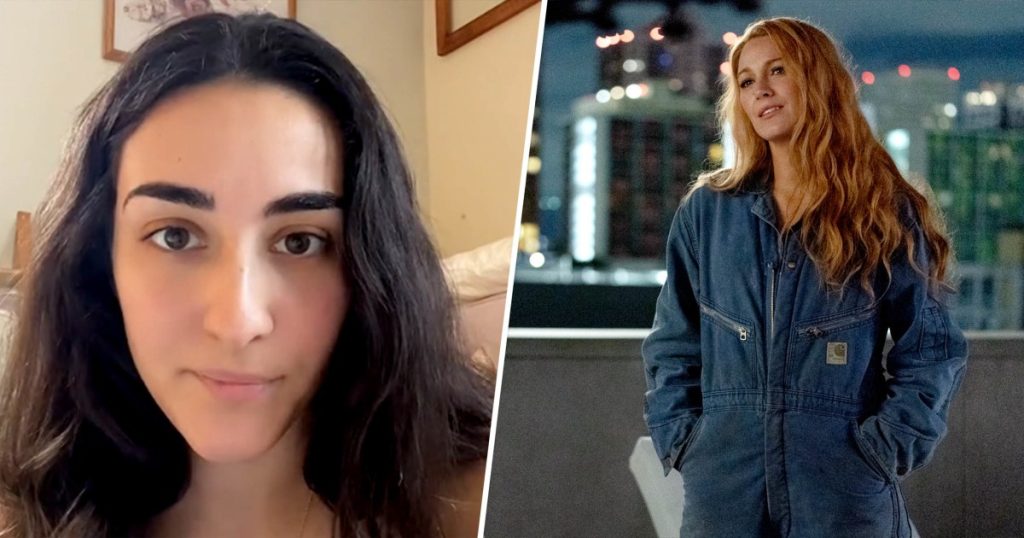This story discusses the reactions of domestic violence survivors to the movie “It Ends with Us,” based on Colleen Hoover’s novel. While some felt that the film accurately portrayed the dark reality of abuse, others criticized the lack of trigger warnings in the marketing and the absence of resources for survivors. Despite the film’s portrayal of domestic violence, some promotional content seemed to paint the story as lighthearted and romantic, causing confusion among viewers. Survivors felt that the film should have included a content warning and more resources for those in abusive situations.
Many survivors of domestic violence found the book to be an accurate reflection of their experiences, resonating with the gaslighting and manipulation depicted in the story. However, the lack of immediate access to resources for survivors after the film ended raised concerns among viewers. The absence of a content warning added to the distress felt by some survivors who were triggered by the graphic scenes in the movie. The portrayal of Lily’s relationship with Ryle, the main characters in the story, highlighted the complexities of abuse and manipulation within intimate relationships.
Critics of the film noted that the marketing seemed to frame the story as a romantic comedy, despite the serious themes of domestic violence and sexual assault. Some survivors felt that the comments made by Blake Lively, who played Lily in the movie, minimized the experiences of victims. The portrayal of the abuser as loving and caring at first was seen as an accurate reflection of how abusers operate, manipulating and charming their victims to gain control. However, survivors felt that the film missed an opportunity to give survivors a voice and raise awareness about the realities of abuse.
The film’s ending, where Lily confronts Ryle and asks for a divorce peacefully, was criticized for not accurately reflecting the challenges and dangers of leaving an abusive relationship. This unrealistic portrayal could potentially send the wrong message to viewers who might be in similar situations. Survivors emphasized that leaving an abuser is often a terrifying and difficult process, with the risk of violence or retaliation. The lack of nuance in depicting the aftermath of surviving domestic violence was also noted as a missed opportunity in the film.
Despite the criticisms, the survivors praised the movie for sparking conversations about domestic violence and sexual assault online. They received messages from others thanking them for sharing their stories and engaging in discussions around these important issues. While the emotional toll of discussing their experiences can be overwhelming at times, the survivors are grateful for the platform that allows them to speak out. For those looking to support domestic violence survivors, donating unused items to local shelters was recommended as a tangible way to help those in need. By sharing their stories and advocating for resources and support for survivors, the women hope to raise awareness and create a more supportive environment for those affected by domestic violence.


